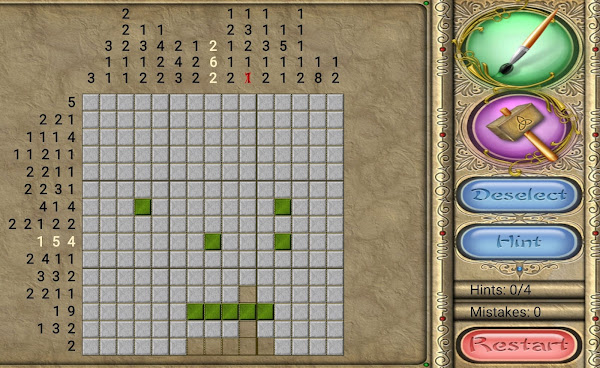[A relative once said] that he thought science was one of those things that must be taught in school. He felt it needed to be taught by those people who have been trained to teach it, that it requires chemistry sets and microscopes and formulae and hypotheses and paper and pencils and workbooks and textbooks. To him science doesn’t seem to be something incidental. But science is incidental; it is everywhere. And it is less about the tools available and more about your approach, your ability to question and explore the workings of the world in which you live.
School is exceptional at taking science away from the individual and placing it, carefully, in a locked box and putting it up on a pedestal with the label: a systematically derived body of knowledge. Among the many problems with such treatment is that science isn’t a body of knowledge. It is a body of systematically derived theories and hypotheses that are tested and testable and changeable....
—Schuyler Waynforth
(there's more there!)
photo by Annie Regan
Click it for more detail!




















